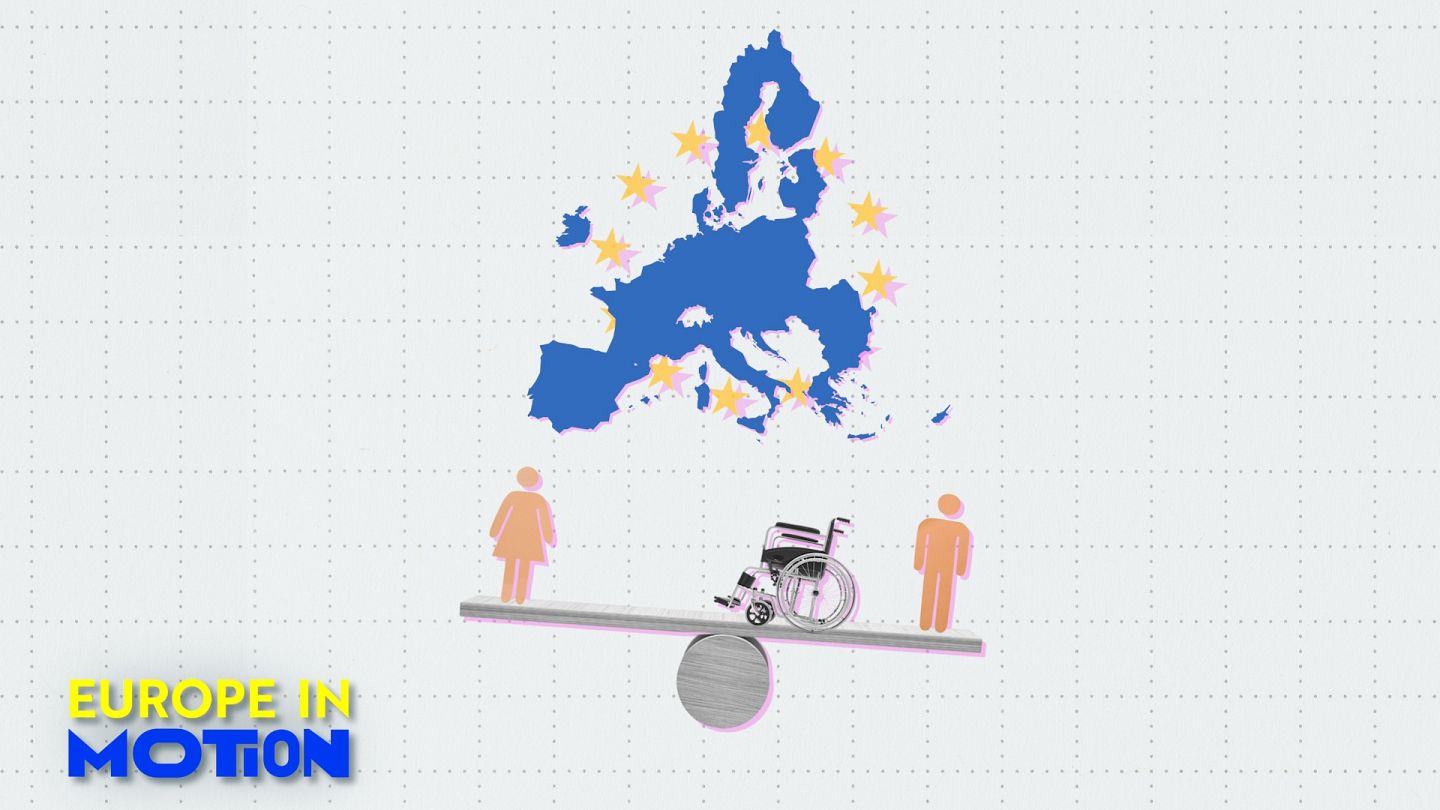
Around 87 million people in the European Union have some form of disability, the bloc estimates, raising issues that disproportionately affect women.
Women with intellectual disabilities face more barriers to work than both men with disabilities and women without disabilities on the continent as a whole, according to Inclusion Europe.
In the EU, 48.1% of women with disabilities aged between 20 and 64 years old are employed.
This figure is lower in comparison with men with disabilities in the same age group, at 53.7%.
Looking at the broader population, 61.6% of people with disabilities are in the labour market, either working or looking for a job, compared to 82.2% of people without disabilities.
“This means that many women with intellectual disabilities are left out of the workforce and the opportunities that come with it,” the Inclusion Europe report said. “They are forced to depend on family, institutions, or limited social benefits, which makes it harder to live freely and independently.”
Inequality in their personal lives
In Europe, women with disabilities are two to five times more likely to experience domestic violence than women without disabilities.
This violence can take specific forms linked to their disabilities, such as being forced into isolation, abused in institutions, or denied necessary medical care.
In 2024, only nine countries criminalised forced sterilisation as a distinct offence in their criminal code, according to the European Disability Forum.
On the other hand, 12 countries still allowed it to be performed on women with disabilities, including three that also allowed it on minors.
For instance, Czechia, Hungary and Portugal authorise both the forced sterilisation of women with disabilities and minors.
More recently, Malta changed its law to prohibit forced sterilisation since last year.
Older women are also more likely than men to need support and face greater barriers to living independently.
Among older people with support needs, around 37% of women over 65 require long-term support, compared to 23% of men.
“Older women with disabilities face compounded risks of social isolation and institutionalisation, amplified by gendered stereotypes and systemic inequalities,” the European Disability Forum stated.